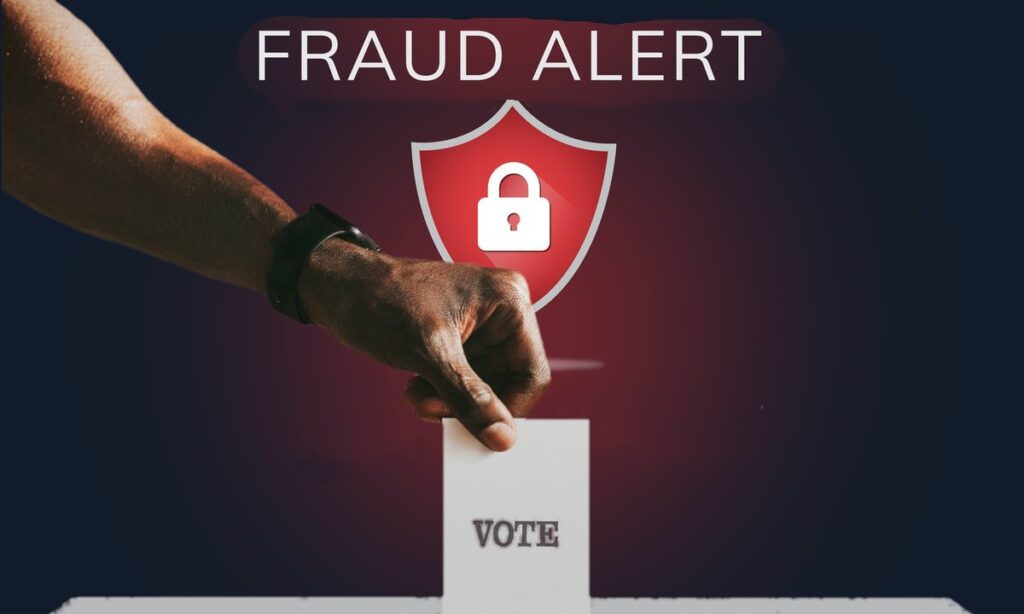On Tuesday, a judge from the Fulton County Superior Court made a significant ruling concerning the certification of vote counts in upcoming elections, emphasizing that county election officials are legally mandated to certify votes, even in the presence of suspected fraud or errors. Judge Robert McBurney articulated that any disputes regarding potential fraud should be addressed within the judicial system, rather than allowing county officials to autonomously decide whether or not to certify election results. This ruling underscores an effort to protect the rights of voters and ensure that elections are conducted fairly and according to established legal frameworks.
Judge McBurney’s decision highlights a critical aspect of the electoral process: the importance of upholding the rule of law over partisan interests or individual interpretations of suspected wrongdoing. He warned that if local election superintendents were permitted to act as investigators or judges based on their assessment of vote integrity, it could lead to unjust outcomes that silence voters. This perspective reinforces the constitutional principles that govern election procedures and calls for adherence to established processes in the face of raised suspicions.
In a contrasting reaction to the ruling, Gabe Sterling, a senior official in the Georgia Secretary of State’s office, expressed satisfaction with the outcome. He characterized the ruling as a positive development in maintaining the integrity of electoral procedures. Sterling emphasized that the law requires certification before any challenges to election outcomes can be filed. This legal structure is essential to create a fair and orderly process for contesting election results, eliminating arbitrary decisions made by election officials based on personal beliefs about election integrity.
The judge’s ruling further affirms the legal expectation that county election boards in Georgia must adhere to their responsibility of certifying election results. McBurney argued that the law is unequivocal in its directive that officials “shall” certify results. In a light-hearted reference, he invoked a quote from “The Lord of the Rings,” underscoring that the command is clear and should be treated as an obligation, not a suggestion. This framing serves to reinforce the seriousness with which compliance to the law should be approached within the context of elections.
The ruling comes in a broader climate of heightened scrutiny regarding election integrity, particularly in the wake of various allegations regarding fraud and abuse in recent elections. Responses to such allegations have become more pointed, with Fulton County District Attorney Fani Willis warning that legal repercussions, including potential disbarment, await those who engage in unfounded challenges to election integrity. This backdrop of strict enforcement indicates a defensive posture by local officials aimed at protecting the electoral process against what they perceive as a tide of misinformation and unfounded allegations.
In conclusion, the Fulton County Superior Court’s ruling is a pivotal moment in the ongoing dialogue about election integrity and the responsibilities of election officials. It highlights the balance that must be maintained between the rights of voters and the processes designed to safeguard electoral integrity. The insistence on adhering to legal mandates regarding the certification of votes establishes a framework through which any disputes can be handled appropriately, fostering trust in the electoral system amidst ongoing challenges to its credibility.

